ICYMI: Netflix is Part of the Revolution
American Vandal, #BlackAF, Never Have I Ever
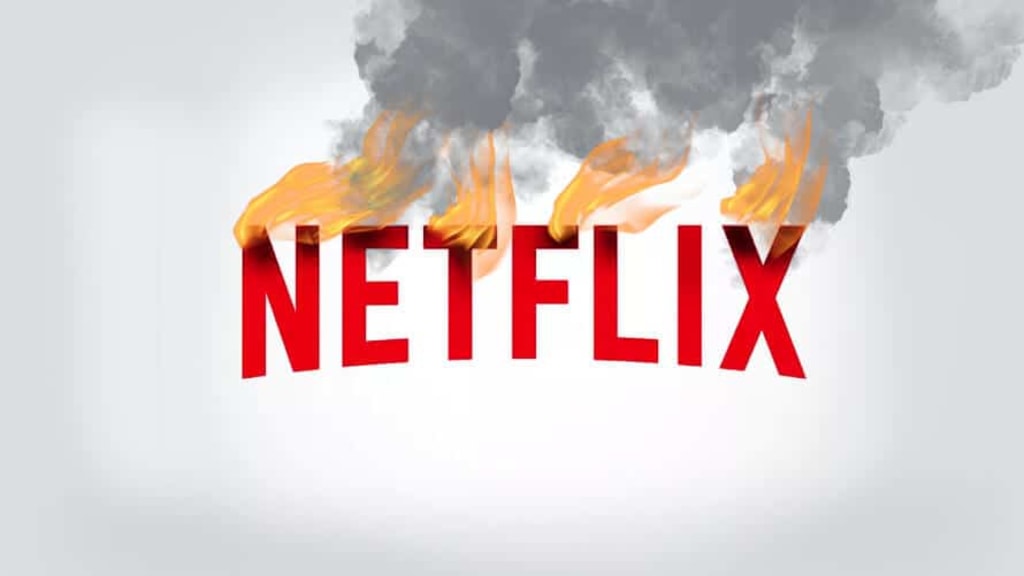
ICYMI, the revolution is here, y’all. The flames have been lit. So, now more than ever, Netflix binges are a necessary way to vegetate back into the pre-2020 world when we, as a society, ignored our problems. But, if you’re anything like me, the revolution is in your soul. So, turning it off by turning the TV on isn’t really possible. The three Netflix series highlighted below offer two much-needed options: Netflix & Chill or Netflix & Critically Question.
Enjoy!
***
1. American Vandal
This is the smartest show about dicks that I have ever seen. The 2017 mockumentary mirrors the investigative journalism of Sarah Koenig’s podcast Serial. In it, two high school students embark on a journey to clear the name of the accused and discover the real culprit behind the dicks spray-painted on faculty cars.
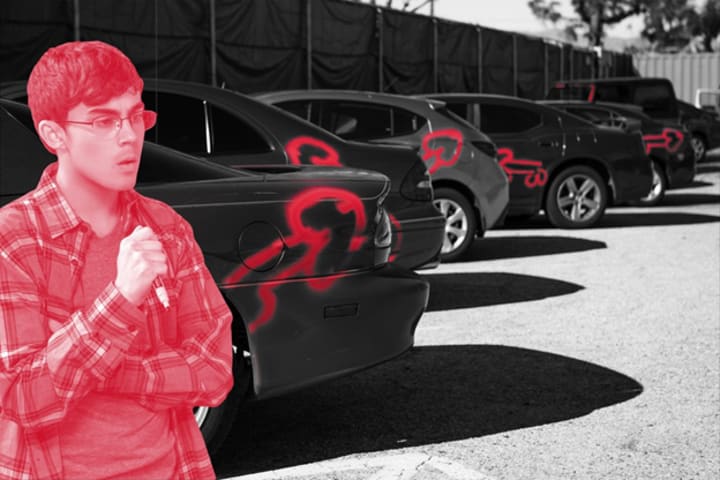
While dick jokes might be giggle-worthy, this show is not a true comedy. Instead, it is a parody of true crime. Immediately, the show inverts popular assumptions about crime by casting the accused dick-drawer as Dylan Maxwell – a goofy but attractive white guy perfectly fit for this crime but not often perceived as criminal elsewhere. Each one of the eight half-hour episodes goes on to investigate the scandal and, ultimately, all possible suspects.
Inevitably, by examining different high schoolers, the show also critically reexamines the Breakfast Club trope. To be sure, each character belongs to a different clique – it wouldn’t be high school without that. But the cliques aren’t erased in the transient kumbayah of Saturday detention; instead, they are revealed as being artificial all along. And – incredibly, somehow – it is the dicks that provide this revelation!
We discover that many students have the motivation to commit a crime of vulgar vandalism. We learn that spray-painted dicks might just be a performance by the class clown or they might actually be a social commentary on toxic masculinity. Ultimately, we recognize the psychological truth about high school: the kids want to stand out while still fitting in.
Don’t get me wrong, though: the beauty of American Vandal is that it offers space to ask the big questions without ever requiring it. It is just as amenable to a drinking game -- if you don't have to work the next day, try drinking every time 'dick' is said... Because, at the end of the day, its dicks that we’re talking about.
2. #BlackAF
Kenya Barris is a name that I didn’t know until the premier of #BlackAF on Netflix. As the producer and writer of Black-ish, Grown-ish, and Mixed-ish, #BlackAF is Barris’ new and more overtly autobiographical project. His real-life family looks almost exactly like his TV family.
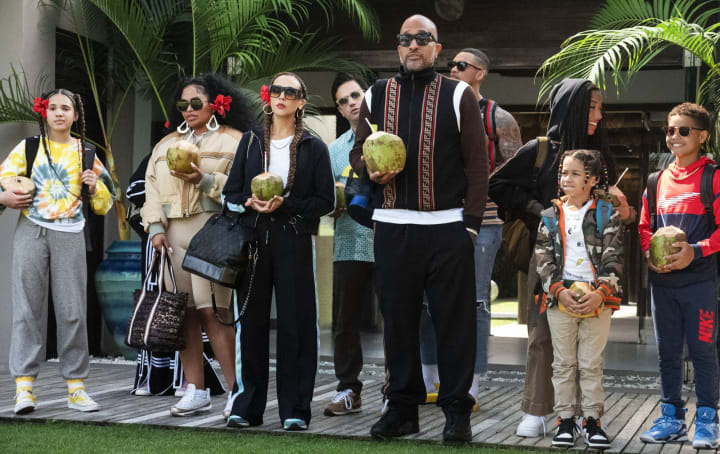
As a fan of Parks and Recreation, I was thrilled to see that Rashida Jones was cast as his wife, Joya. Leslie Knope describes Jones, in the role of Ann Perkins, as an “ambiguous ethnic blend.” So, when cast for a leading role in a show with ‘black’ in the title, the internet reopened the seemingly monthly debate about her ethnicity – a debate that actually began in 1994 when Jones responded in an open letter to Tupac Shakur’s scathing criticism of her parents’ interracial marriage. As a result, Barris has been questioned about just how black #BlackAF really is.
Barris and #BlackAF do not directly confront colorism – a fact that has drawn much criticism. Instead, Jones as Joya is often asserting her blackness in spite of her fairer skin. She takes hip-hop classes because she believes the ability to dance is “currency” in the black community. Similarly, when she discovers that her youngest boys can’t dance, she encourages Kenya to host a “black barbeque” with his whole extended family in order to surround her children with blackness. These moments strangely teeter on the edge of cultural appropriation – but from within the culture itself.
The closest that the series gets to really confronting colorism is when Joya finds her lightest-skinned preteen daughter recording a dance video with her white friends. On the one hand, the sexualization of black girls is discussed; on the other hand, the ability to participate in the same activities as white girls is treasured. In this way, “passing” is not an insult. Instead, it is freeing from the violent history that plagues black America.
Colorism as we know it is inverted in #BlackAF: lighter skin is not unequivocally an advantage, but rather a complex existence. As an Indian-American, I can appreciate the in-between-ness of it. Still, without a doubt, the show is controversial. But it is precisely in the controversy that a conversation about blackness – as a social construct, as a biological difference, as a historical weight – is born.
But, just like American Vandal, while the show provides space for critical discourse, it does not demand it. You can just as easily enjoy #BlackAF as a less trashy twist on reality TV and as a peek into modern black royalty. Because, at the end of the day, Kenya Barris is the up-and-coming king of sitcom television.
3. Never Have I Ever
Mindy Kaling is a name that I do know. As an Indian-American woman, her rise to fame was probably the second best thing to happen to our community after Nick Jonas married Priyanka Chopra. But this show does more than just diversify Netflix. Kaling creates space for a raw and real dialogue about grief.
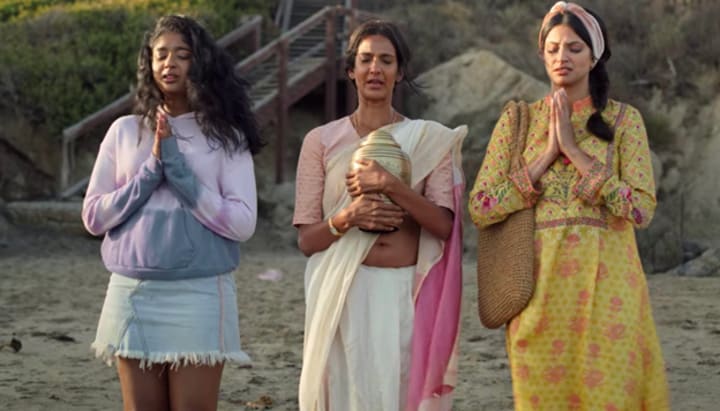
The show begins in Devi’s sophomore year of high school after the unexpected death of her father, Mohan. At first, I was put off by the show’s oscillation between tragedy and comedy, between death and the high school quest to find a boyfriend. To me, it felt like Devi’s father’s death was a punchline of sorts. In other words, I didn’t initially approve of Kaling’s or Devi’s approach to grieving.
But this is precisely how Never Have I Ever offers tremendous value. It reminds me -- through comedy but with clarity -- that I, as a viewer, don’t have the authority to approve or disapprove of someone else’s grief. Cheryl Strayed, in a reflection on the death of her mother, speaks to the societal expectations that often make loss even more difficult: “Grief is a thing that we are encouraged to ‘let go of,’ to ‘move on from,’ and we are told specifically how this should be done.” Kaling creates Devi as a character that cannot be told how to grieve. Devi is determined to be a regular teenager, which is not only an attempt to distance herself from tragedy but also from racial identity.
Throughout the series, however, she is only brought closer to both. After all, death and culture are inevitably intertwined. She doesn’t progress through the Kubler-Ross stages of grief in any identifiable way. And the show doesn’t necessarily provide closure to the grieving process. Instead, Never Have I Ever emphasizes that it is a process. That loss is messy and personal – perhaps more personal than any other experience. In this way, the oscillation between tragedy and comedy is actually a representation of real life. Never Have I Ever succeeds in being honest.
Like American Vandal and #BlackAF, Kaling's Never Have I Ever maintains the charm of sitcom TV. If you are just too tired to critically question, you can do what Devi does: lean into the comedy and normalcy of being a modern American teenager. Because, ultimately, it is the show’s normalcy that normalizes tragedy.
***
There you have it, folks! Netflix & Chill or Netflix & Critically Question. Either way, these are shows that you don't want to miss.


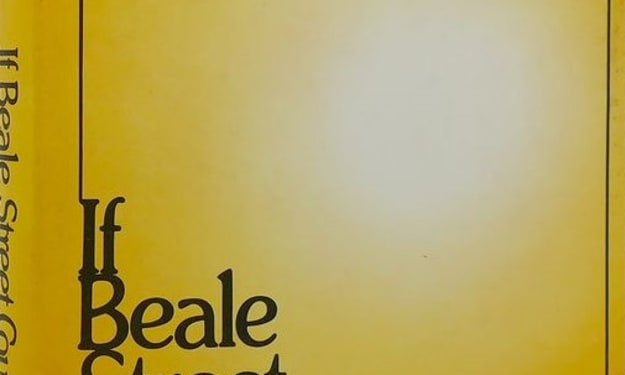

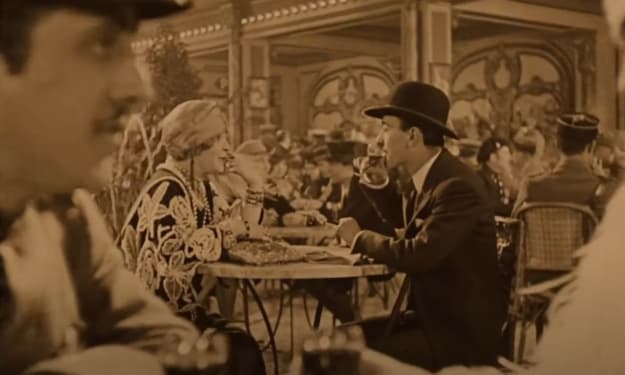

Comments
There are no comments for this story
Be the first to respond and start the conversation.